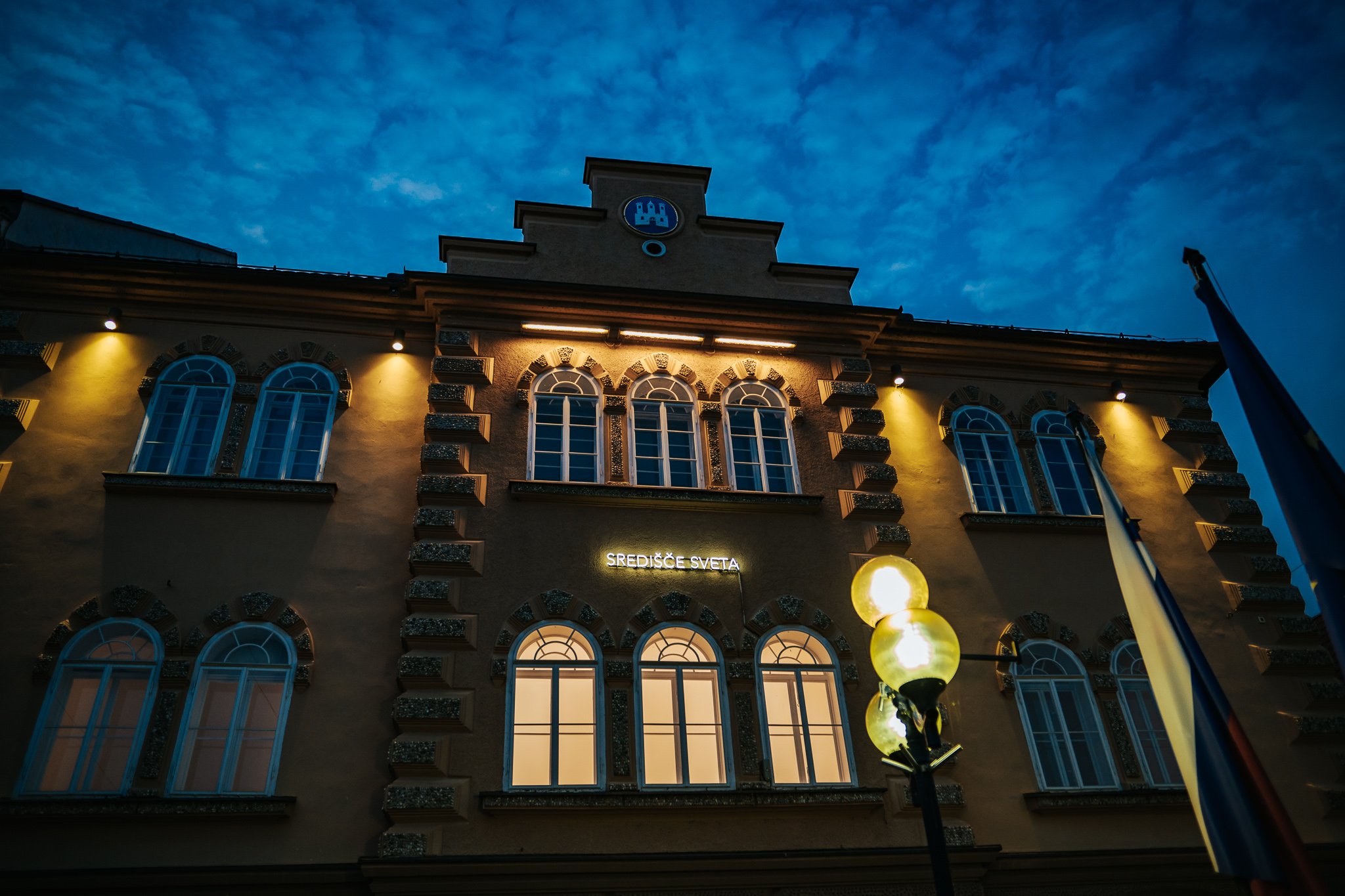The calm and effective actions of the Museum of Modern and Contemporary Art Koroška

Monday, 31 May 2021.
The present Slovenian government, led by Janez Janša and his Slovenian Democratic Party seems intent to continue its damaging strategy of instrumentalising culture as a tool for its media campaigns. CIMAM’s Museum Watch Committee has previously raised concerns about the departure of the Director of the Moderna Galerija in Slovenia, one of a number of Directors of Slovenian cultural institutions that have been replaced by government appointments.
Recent developments between the Janša government and European Union now appear as a clear example of culture being used as a political tool with artists and institutions bearing the impact of these manipulative tactics.
Slovenia will hold the rotating Presidency of the Council of the EU in the second half of 2021. One element of this rotating presidency is exhibitions in the European Parliament celebrating the culture of the country holding the Presidency. The expected protocols for the exhibitions are that the country holding the presidency presents an exhibition which is accompanied by an exhibition of works held in the European Parliament Collection by artists from the country.
Two months ago, the Slovenian Ministry of Culture invited the Museum of Modern and Contemporary Art Koroška (Koroška galerija likovnih umetnosti – KGLU) from Slovenj Gradec to organise an exhibition. The Museum accepted the task despite the very short notice and undertook to invite a selection of Slovenian artists that would be able to effectively contribute to the exhibition despite the challenging time frame.
The Slovenian government then decided to withdraw this participation because the temporary exhibition was to be shown alongside an exhibition of works by the Slovenian artists held in the Parliament’s Collection, as is the usual protocol for EU Presidencies. This provocative action did not focus on the content of the works themselves; it simply denied the European Parliament the right to stage an exhibition with its own collection as part of the Slovenian presidency. These actions appear to speak to the Slovenian government’s publicly stated war on Brussels as part of its Eurosceptic agenda. All of this left the Museum of Modern and Contemporary Art Koroška in a very compromised position. The Slovenian government then declared that its planned exhibition could be shown in Slovenia or elsewhere in Brussels. At the same time, concerned Slovenian members of the European Parliament offered to find alternative funding that would ensure that the exhibition could still take place in the European Parliament. Parallel to this non-official public communications claimed that the actions of the Slovenian government amounted to targeted censorship of a work by Slovenian artist Arjan Pregl represented in the European collection as a direct consequence of his opposition to the present government.
The Museum of Modern and Contemporary Art Koroška has managed to navigate this extremely difficult situation through a calm resistance to being drawn into this political squabble and by remaining focused on their role as the institution commissioned to curate an exhibition for a very specific context. They decided not to accept the offer of the parliamentarians since those were not the original commissioners of the exhibition. They also rejected the option of the exhibition being staged in an alternative location on the basis that it had been commissioned for those conditions in these spaces in the European Parliament as part of the European Presidency of Slovenia. They even refused to issue press reproductions of works selected for the exhibition on the basis that this exhibition had now been canceled and therefore the permissions granted by artists for works to be used were no longer valid. They always asked the artists involved for their opinion and consent.
A last twist in this strange story occurred last Thursday when the Slovenian government changed its position once more and decided to let the exhibition go ahead, after all, claiming that Europe had given in to the Slovenian demands in a narrative that once again seemed to be targeted at its Eurosceptic constituency. The Museum asked for guarantees, and on receiving them conferred with the artists and decided to go ahead, stating in their press release “...we would like to stress that the project will continue, with the consent of the Ministry of Culture, under the previously agreed upon terms which have not changed since the beginning of the collaboration.” They once again stated their commitment to art and the artists: “At the KGLU, we are unsatisfied with these events, and we cannot regard the actions of the Ministry of Culture as anything other than a discreditation of the artists and of our work, as well as a political instrumentalization of our project, which we cannot condone. We will see the exhibition through to the end professionally due to our responsibility to the artists and to that segment of the public which still cares about culture and art in these times.”
The Museum Watch Committee commends the Museum of Modern and Contemporary Art Koroška for foregrounding the artists and the project’s curatorial integrity in such challenging circumstances.
The Museum Watch Committee is deeply concerned however by the repeated demonstrations by the Slovenian Government that they do not view culture as a space for a diversity of voices and perspectives that if supported can have great civil value. Instead, their actions speak to a view of culture as an instrument to be used to further their political agendas.
The Museum Watch Committee of the CIMAM Board: Calin Dan, Bart De Baere, Sarah Glennie, Malgorzata Ludwisiak, Victoria Noorthoorn, Eugene Tan.
CIMAM – International Committee for Museums and Collections of Modern Art – is an Affiliated Organisation of ICOM – International Council of Museums.
Articles about the Museum of Modern and Contemporary Art Koroška
Mednarodni odbor zaskrbljen nad odnosom slovenske vlade do kulture. 1 June 2021
Mednarodni odbor za muzeje pohvalil odziv Koroške galerije likovnih umetnosti. 1 June 2021
Mednarodni odbor za muzeje na strani Koroške galerije likovnih umetnosti ob bruseljski razstavi. 1 June 2021